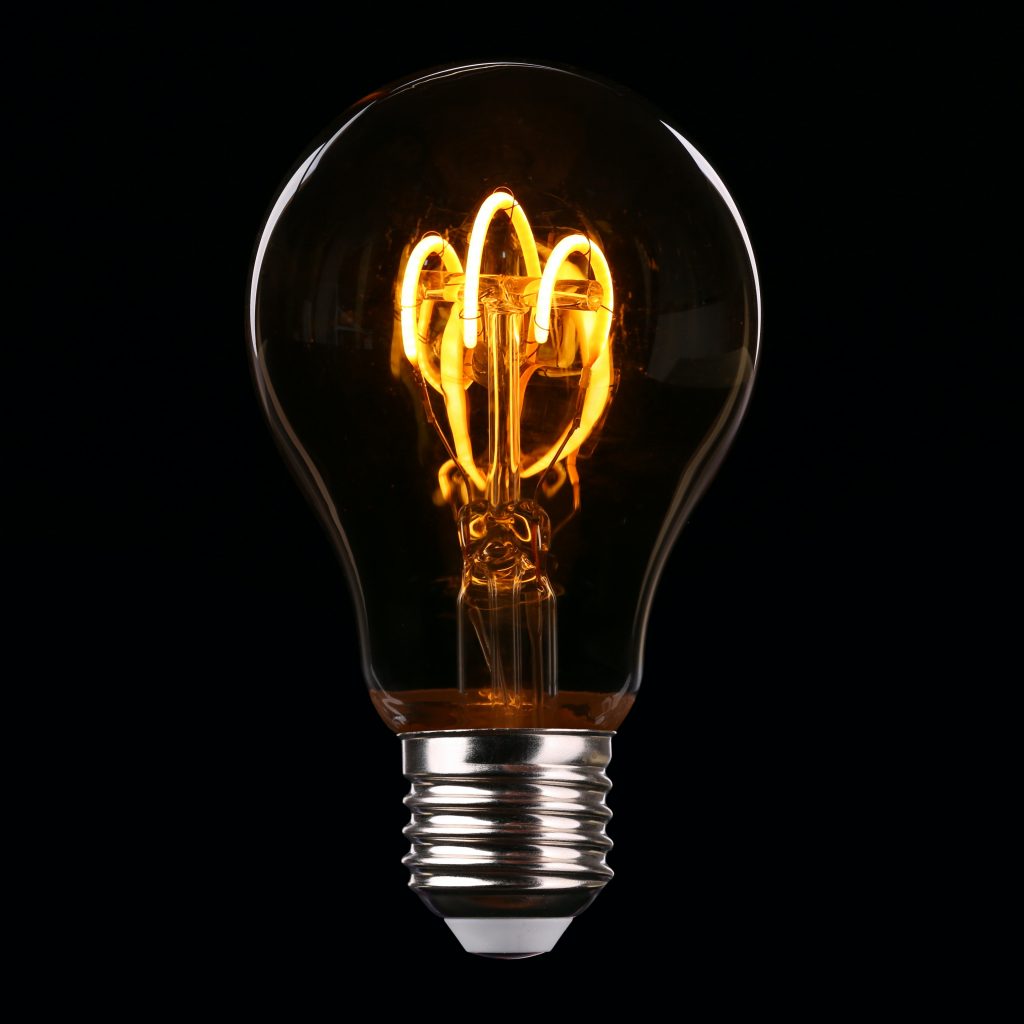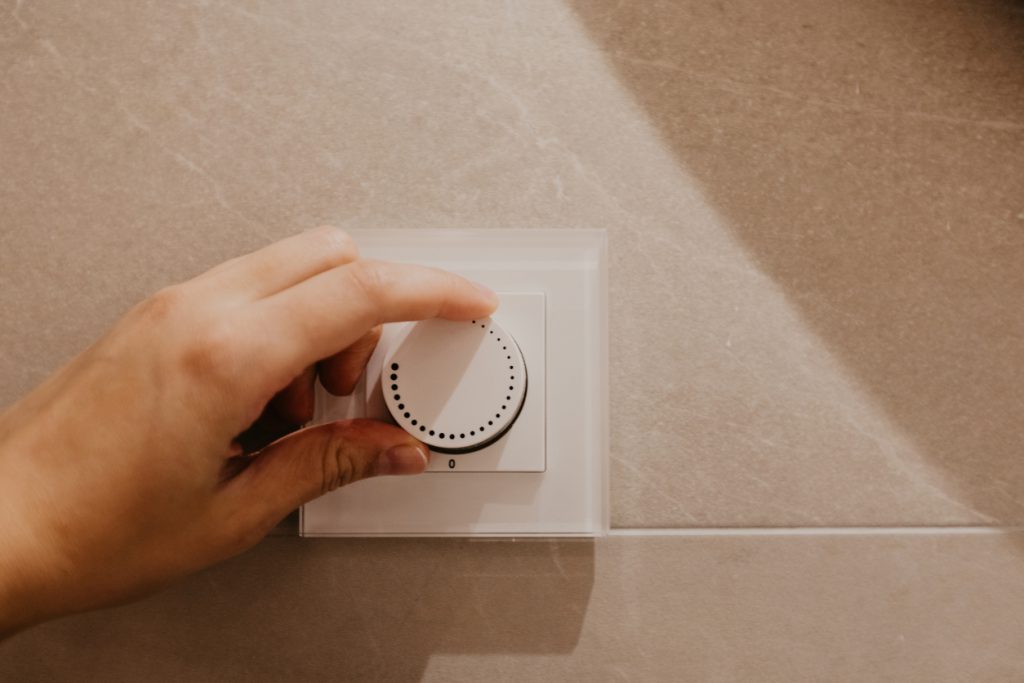
Smart home technology has made it possible to control various aspects of your home with the touch of a button or even your voice. One such aspect is lighting. You can choose between smart light bulbs, smart light switches, and smart light dimmers to upgrade your home’s lighting, and they each will provide you with the ability to control your lighting in new and innovative ways. In this article, we will explore the functions and benefits of these three options to help you determine which one is right for you.
Understanding Smart light Bulbs

Smart light bulbs are a type of light bulb that you can control remotely through a smartphone app, a voice assistant like Alexa or Google Home, or through automations using a smart home automation platform such as Home Assistant, SmartThings, or HomeKit. There are several types of smart light bulbs available in the market for you to choose from. Some popular types include LED, Hue, and LIFX. The approximate cost of smart light bulbs ranges from $10 to $50 per bulb, depending on the brand and features. Most smart light bulbs use either Wi-Fi, Zigbee, or Bluetooth technologies to connect to your smart home network. This connection then allows you to control the bulbs through your smartphone app. If you need assistance with selecting the right smart light bulb for your home, check out my comprehensive guide for a more in-depth discussion.
Benefits of Buying Smart Light Bulbs for Your Home
Smart light bulbs offer plenty of benefits to automate your home. Firstly, smart light bulbs are energy efficient and can help you save money on your electricity bill. This is because smart light bulbs have low energy consumption, which means they use less energy compared to traditional light bulbs. Additionally, smart light bulbs offer the convenience of remote control. You can control your lights from anywhere, even when you’re not at home. This feature makes it possible to turn lights on and off or adjust their brightness levels remotely.
Related Posts:
Another benefit of smart light bulbs is the ability to customize lighting. With this feature, you can decide to change the color and brightness levels of your lights to suit different moods and activities. For example, you can set a warm yellow light for a relaxing evening or a bright white light for a productive work session.
Scheduling is another feature that allows you to program automations to set your lights to turn on and off automatically, so you never have to be too concerned about forgetting to turn off the lights when you leave the house.
Limitations of smart Light Bulbs
Despite the many benefits of smart light bulbs, there are also some limitations that you should be aware of before buying them for your smart home. One of the biggest drawbacks is cost. You will find that smart light bulbs are more expensive compared to traditional light bulbs, and for those on a budget, this can make them a less cost-effective option to automate lighting in their smart home automation setup.
Another limitation of smart light bulbs is compatibility with existing lighting fixtures. Not all types of light fixtures are compatible with smart bulbs. In some instances, you may need to replace your existing fixtures with compatible ones in order to use certain smart light bulbs. Complex setup can be an issue, as setting up smart light bulbs can be complicated for some users. The setup requires some technical knowledge and the installation and configuration of a compatible smart home system.
Understanding Smart Switches

The next option on the list are smart light switches. A smart light switch also has voice control capability. Similar to a smart light bulb, you can control a smart light switch remotely by using either a smartphone app, a voice assistant like Alexa or Google Home, or smart home automation systems such as Home Assistant, SmartThings, or HomeKit. There are two main types of smart light switches: traditional switches and dimmer switches. The cost of a smart light switch ranges from $20 to $100, depending on the brand and features.
Benefits of Buying Smart Light Switches for Your Home
One of the key benefits of smart light switches is ease of use. Unlike smart light bulbs, smart light switches do not require any special setup or software, making them a straightforward option for those who prefer a simple solution. Additionally, smart light switches offer flexibility, as they can be used to control different types of lights and appliances, which in turn will give you greater control over your home environment.
Smart light switches also improve the safety of your home. They can help prevent electrical accidents and fires. For example, if a bulb burns out, a smart light switch can automatically turn off the power to the circuit, reducing the risk of electrical fires.
Another advantage of smart light switches is cost-effectiveness. Compared to smart light bulbs, smart light switches are often more affordable, and this can make them a more budget-friendly option for those who want to upgrade their home lighting on a budget.
Limitations of Smart Light Switches
However, there are also some limitations to consider when it comes to buying smart light switches for your smart home. Installation difficulties can be an issue, as installing a smart light switch requires electrical knowledge and the ability to wire it into your home’s electrical system. This means that if you’re not confident in your electrical skills, you may need to hire an electrician to install your smart light switch for you. Additionally, compatibility with existing fixtures can also be a concern, as not all types of light fixtures and wiring systems are compatible with smart light switches. For instance, older homes may be missing neutral wires in the electrical system, which will render most smart light switches incompatible with the wiring system for the home. This means that you may need to upgrade your existing fixtures in order to use smart light switches in your smart home.
Finally, smart switches are limited in their control capabilities, as they can only turn lights on and off, and some cannot change colors or brightness levels.
Understanding Smart Light Dimmers

The third option on the list are Smart Light dimmers. A smart light dimmer is a type of dimmer switch that also has voice control capabilities. You can control a smart light dimmer through a smartphone app, through a voice assistant like Alexa or Google Home, or your smart home automation platform such as Home Assistant, SmartThings, or HomeKit. There are two main types of smart light dimmers: standalone dimmers and smart switch light dimmers. The cost of smart dimmers ranges from $30 to $150, depending on the brand and features.
Benefits of Buying Smart Light Dimmers for Your Home
Precision lighting control is a key benefit of smart light dimmers. You can use a smart light dimmer to adjust the brightness levels of your lights to suit different moods and activities, giving you greater control over the lighting in your home.
Additionally, smart light dimmers are energy efficient, and can therefore help you save money on your electricity bill. This is because dimming lights reduces energy consumption and extends the lifespan of the bulb.
Convenient usage is also a benefit of smart dimmers, as the device allows you to control your lights with your smartphone or voice assistant, making it easy to adjust the brightness levels of your lights even when you’re not at home.
Limitations of Smart Light Dimmers
However, there are also some limitations to consider when it comes to smart dimmers. Compatibility with existing fixtures can be a problem. Not all types of light fixtures and wiring systems are compatible with smart dimmers. You therefore may need to first upgrade your existing fixtures in order to use smart dimmers in your smart home.
Installation difficulties are another drawback, as installing a smart dimmer can be complicated and requires electrical knowledge.
Finally, smart dimmers can be more expensive than traditional dimmers or smart switches, making them a less budget-friendly option for some.
Comparing Smart Bulbs, Smart Switches, and Smart Dimmers
In conclusion, the choice between smart light bulbs, smart light switches, and smart light dimmers will ultimately depend on your needs and preferences. When deciding, consider factors such as cost, ease of installation, compatibility with existing fixtures, and the level of control you want over your lighting. Ultimately, the best option for you will depend on your specific needs and preferences. Consider each of these options carefully, taking into account their benefits and limitations. With the right solution, you can transform your home into a smart and even more convenient place to live.
Next Steps
For more assistance with selecting additional smart home devices for your home, you might want to read the must-have devices for your smart home. Or if you are ready to go beyond smart lighting and fully configure your smart home, check out this comprehensive guide to setting up your smart home. And lastly, for a checklist to keep you organize and focused, you might want to read the 40 must-have tips for setting up your smart home.
I hope you found this article, "Smart Bulbs, Smart Switches, and Smart Dimmers: A Comprehensive Comparison", informative and useful. For more smart home automation content, you might want to read this article next: What is a Smart Home and How Does it Work?. If you found this article helpful, Subscribe to the On Motion Detected YouTube Channel, or sign up for our newsletter for more smart home automation content delivered to your inbox.

